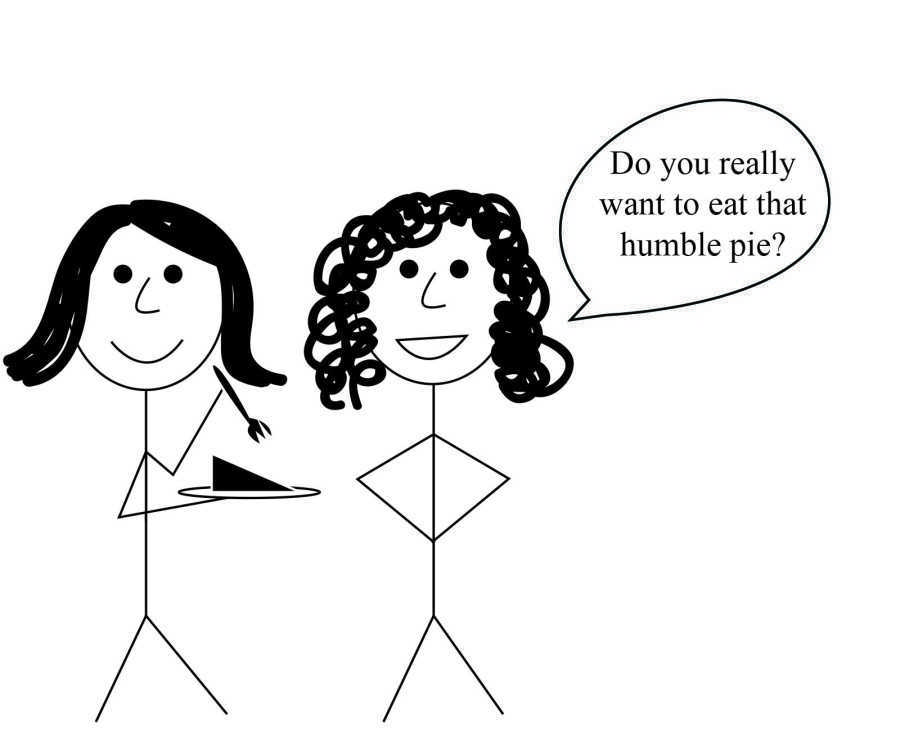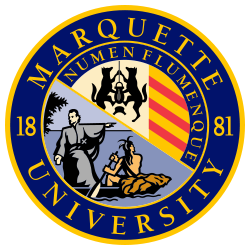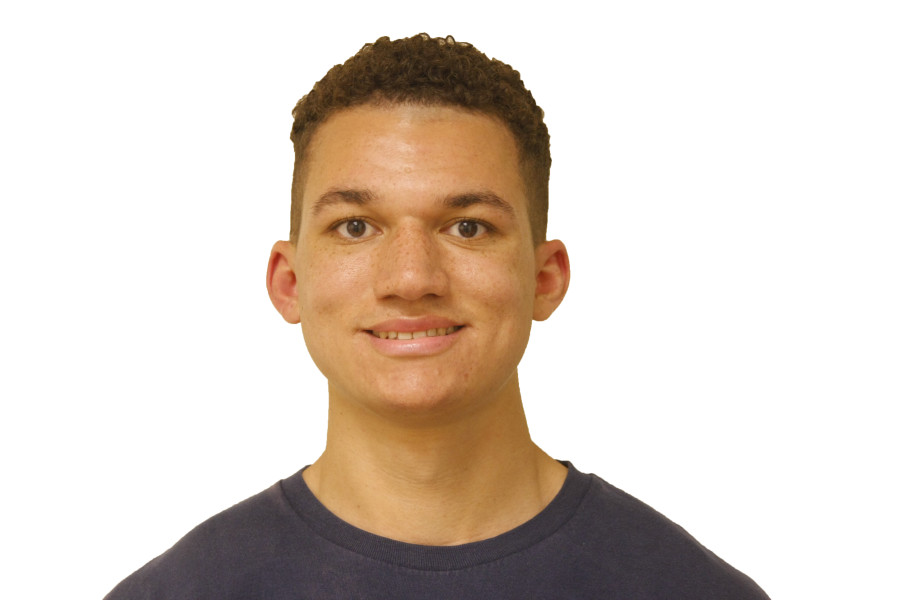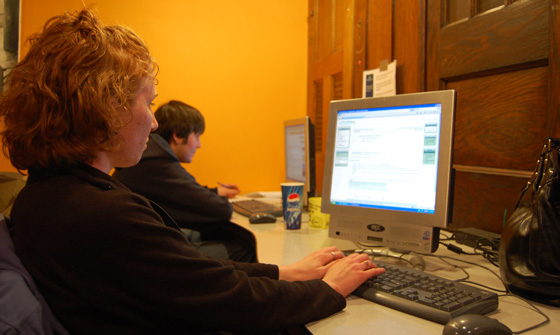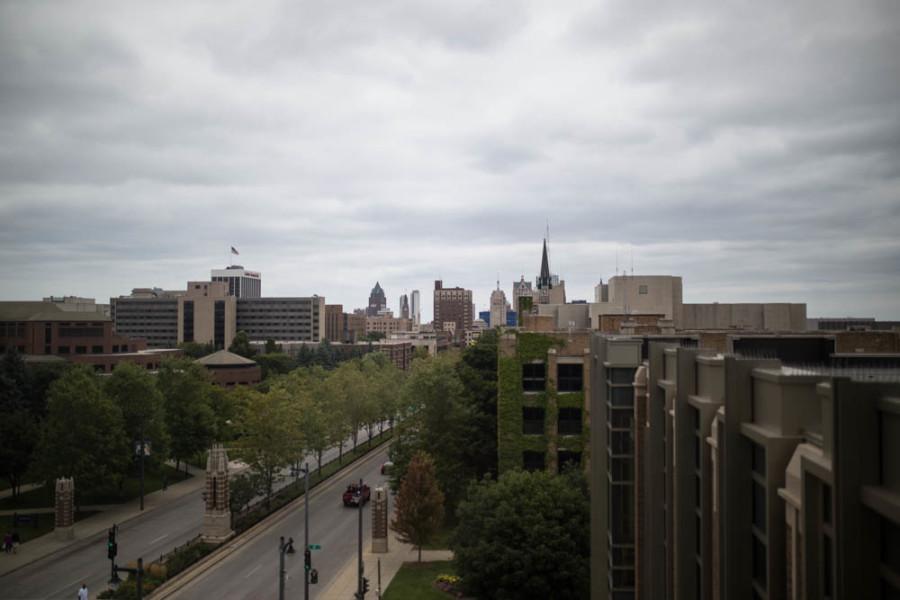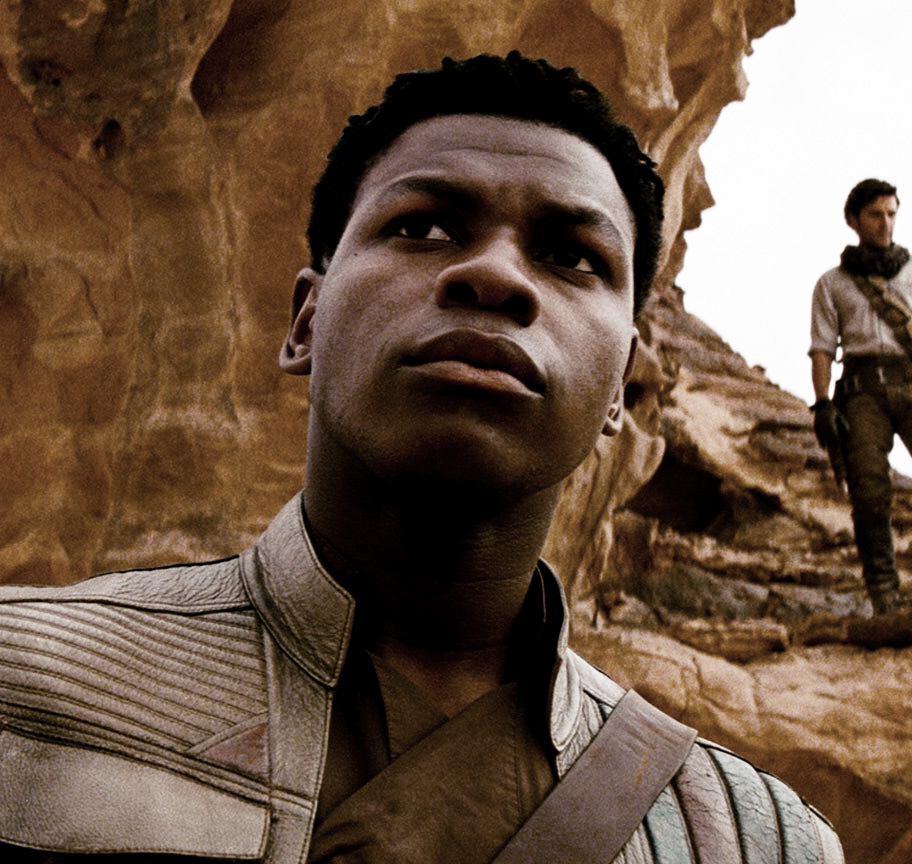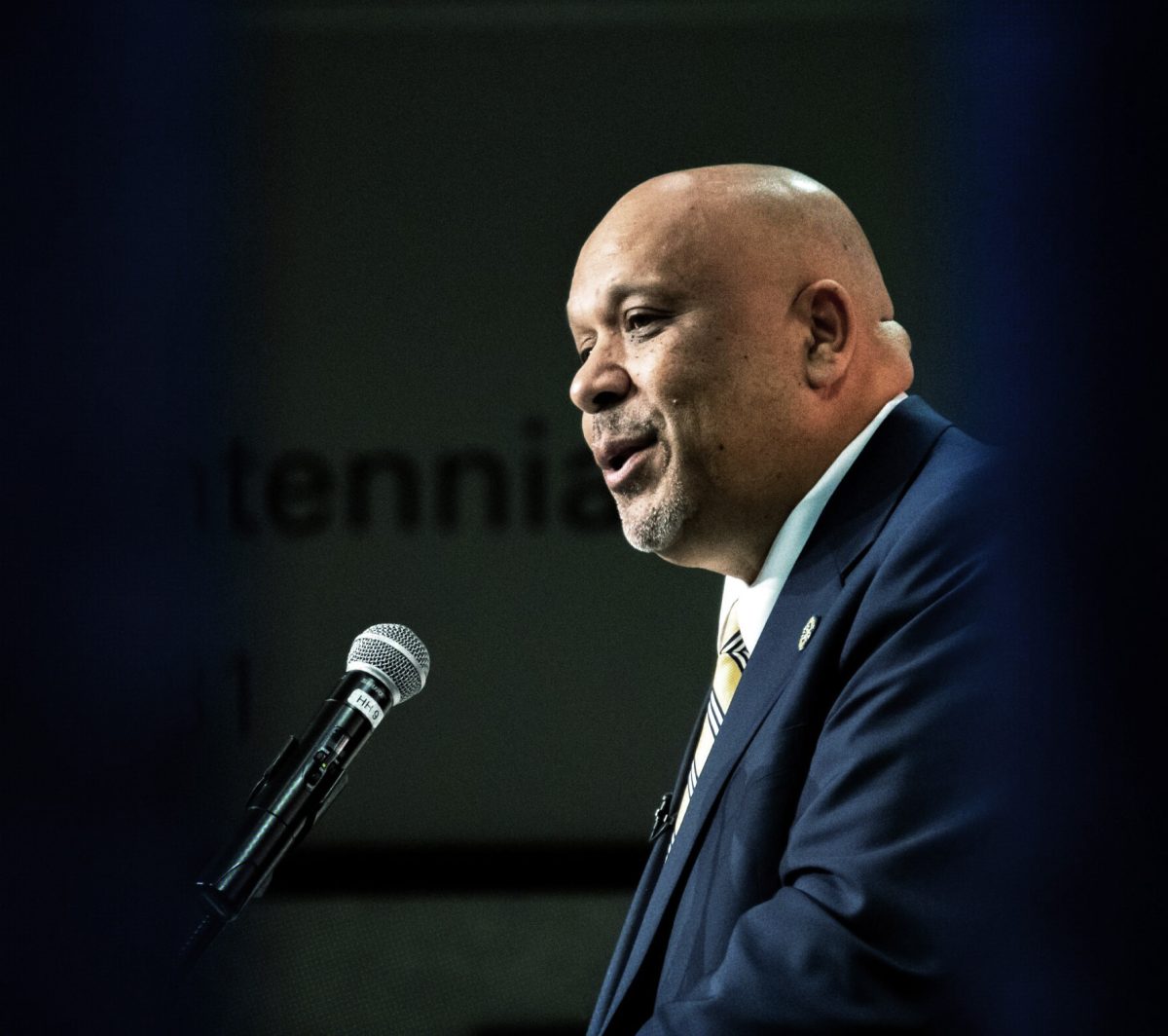The number of multicultural students to enroll at Marquette this fall is predicted to reach a high of 29 percent, the Office of Undergraduate Admissions reported Tuesday.
The exact percentage of incoming multicultural students is not yet known since more students may be admitted or decline to enroll over the summer months.
However, the amount of multicultural students is expected to increase from years prior. During this academic year, 27.8 percent of incoming Marquette identified as multicultural. The incoming class of 2014 contained 22.3 percent multicultural students.
Zuleyka Rios, admissions counselor for multicultural community outreach in the Office of Undergraduate Admissions, said the multicultural label spans a broad range of diverse students.
“Any student that identifies as being Hispanic or Latino, African American, Native, mixed race or mixed identity is kind of what we define as multicultural,” Rios said.
Eva Martinez Powless, director of the Center for Intercultural Engagement, said a changing demographic is increasing the percentage of certain multicultural students.
“Hispanics and Asians continue to graduate in high numbers from high school while the white and African American populations continue to decline, so that is the trend,” Powless said. “And it is a national trend.”
To increase diversity on campus, Marquette has developed relationships with specific organizations and institutions. Those include the Boys & Girls Club of America, Cristo Rey Schools and the National Hispanic Institute. The Office of Admissions also has multicultural outreach counselors and a bilingual counselor that work to recruit multicultural students to Marquette.
Rios said a challenge of recruiting multicultural students is making Marquette appear accessible.
“Marquette has a really good reputation in the city, and that’s great, but it also makes it seem out of reach to some people who don’t think they have access to that,” Rios said. “Either because they don’t think they’re good enough or they can’t afford it.”
Powless said coming from a diverse background is a positive attribute that someone can bring to Marquette.
“I think it is so important that we continue to provide a learning environment at Marquette in the academic area and in the co-curricular where different students are coming together to share their experience,” Powless said. “There is value when a student from a low-income first-generation background meets a student from an affluent background.”
Once multicultural students arrive at Marquette, programs such as the Educational Opportunity Program can work to support and measure individual progress until graduation.
“The … programs are not just, ‘Oh, we are bringing in all these students and we are introducing them to Marquette in orientation,’” Powless said. “We are able to assess how well that program is working for that particular community.”
Carlos Garces, the senior assistant dean of admissions, said diversity at Marquette assists students after graduation.
“Having a more diverse environment prepares students for a diverse world and a diverse work force,” Garces said.
Even though Garces said Marquette has impressive retention and graduation rates for multicultural students, Powless said there is still work to do.
“What we need to do next is really focus on how do we retain those particular populations as they come through the doors at Marquette,” Powless said. “Really focus on what will be the plan to make sure that those students graduate from Marquette, and that they do not only just graduate with a degree but that they also graduate with a very nice Marquette student experience.”



